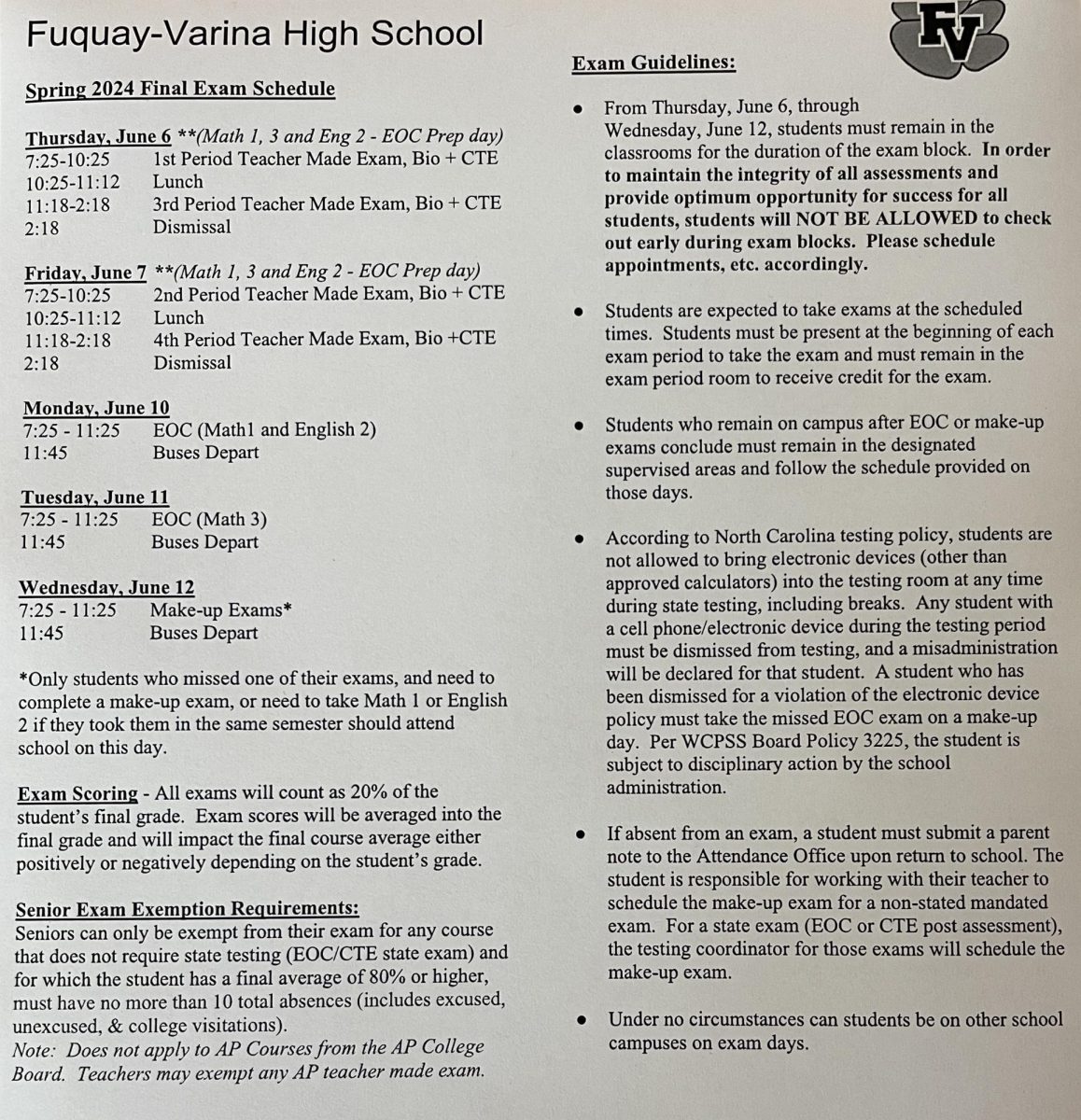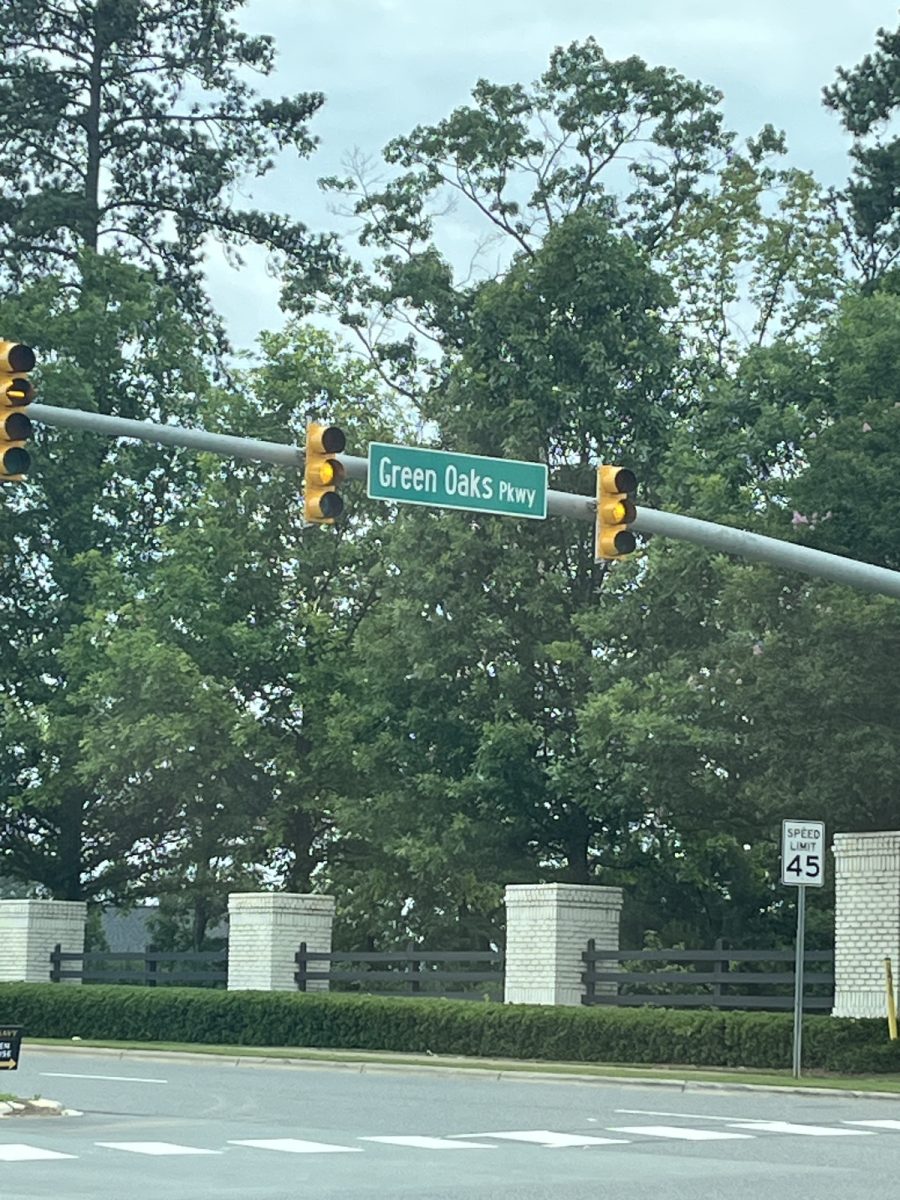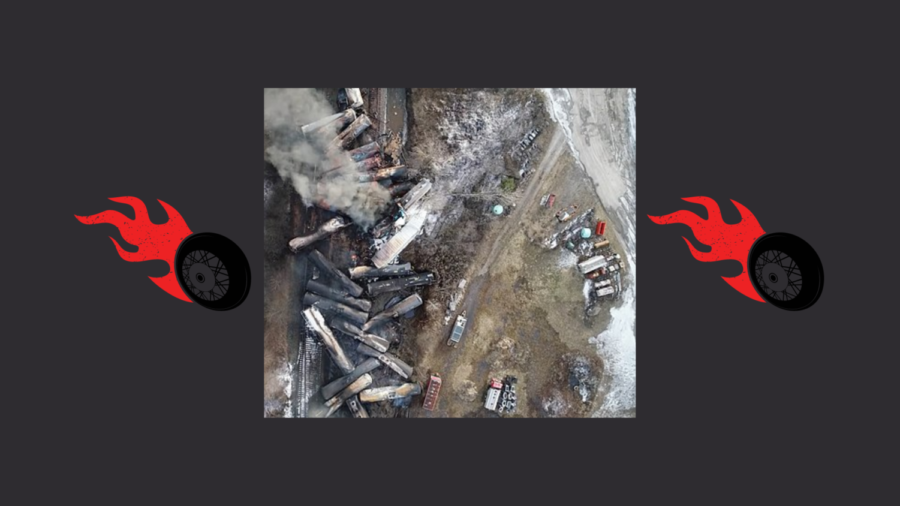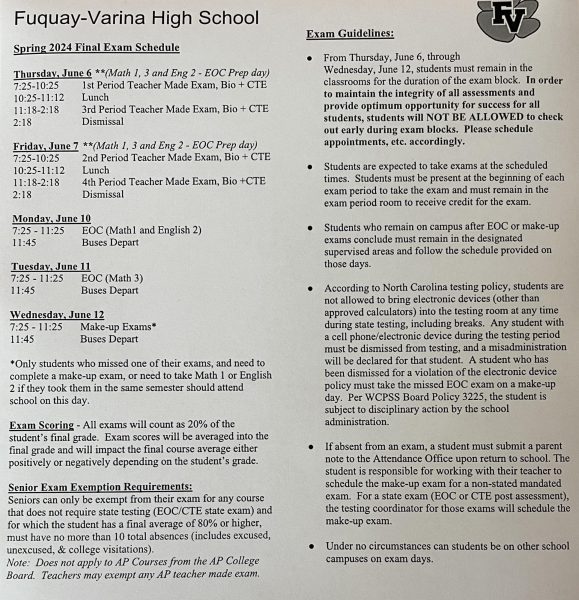Fourth Ohio train derailment puts issue into national spotlight
National Transportation Safety Board
Graphic design created by Aynsleigh Penland using Canva’s Presentation software
Five trains have derailed in Ohio since Oct. 8, 2022, and two of those have been within the last two months.
The derailments occurred on Oct. 8, Nov. 1, and Nov. 6, 2022, as well as on Feb. 3 and March 4, 2023.
Despite three before it, the fourth derailment in East Palestine, on Feb. 3, which was due to overheated wheel bearings, was the most prominent and put the issue in the national spotlight. This was due to the nature of the cargo on the derailed train, which included vinyl chloride, butyl acrylate, benzene, ethyl hexyl acrylate, and ethylene glycol mono butyl ether, all of which are toxic, and was released into the air from the burning wreckage. Vinyl chloride exposure in particular has been noted to increase the chances of developing cancer.
What followed was an evacuation within a one-by-two-mile area around the crash site, and an accompanying controlled burn of polluted areas over the next four days. Additionally, 15,000 pounds of contaminated soil and one million gallons of contaminated water have been removed from the area. After those four days, residents were allowed to return home.
Despite this clean-up effort, residents returning home have raised concern over the potential continued contamination of common wells, as well as other water sources, as well as reporting odd smells. Residents have also reported headaches, nausea, sore throats, rashes, and other chemical-associated ailments like bronchitis.
Since the crash occurred, it has come to wider attention that rail union workers, representing Norfolk Southern, had raised earlier concerns over disregard for the company’s safety regulations and procedures at the guidance of the company itself. Additionally, the great distance between heat detection sensors has been put forward with it being pointed out that the bearings had enough time to heat to a point of malfunction between the last sensor and the next, which it hadn’t been hot enough to trip.
That reported disregard, combined with the physical evidence of the overheated bearings found to be responsible for the crashes, has led to bipartisan support for rail safety legislation.
This proposed legislation would increase the quality and requirements for safety procedures as well as increase the fine for not following these regulations from $250,000 to 1 percent of the company’s annual operating income.
With the crashes still being a recent event, time is still needed for the legislature to be passed, the CEO of Norfolk Southern questioned, and the possible health ramifications on the locals made apparent.
Your donation will support the student journalists of Fuquay-Varina High School. Your contribution will allow us to purchase equipment and cover our annual website hosting costs.



































B jeffreys • Mar 29, 2023 at 10:24 am
Having worked on a railroad for over 25 yes, All railroads violate safety standards daily. Each yard is its own little planet. Their schedules are of number one importance. They force trains to leave before properly ready to make sure they get the train out on schedule. Once the train leaves the yard they don’t care no more. As long as this type of mentality prevails, we will not improve safety at its core. They chase a dollar while leaving millions behind. Employees are expendable and at fault for everything. Had a friend go to RFE (ROAD FORMAN OF ENGINES) training. The first day, first thing said was no matter what its the crews fault.